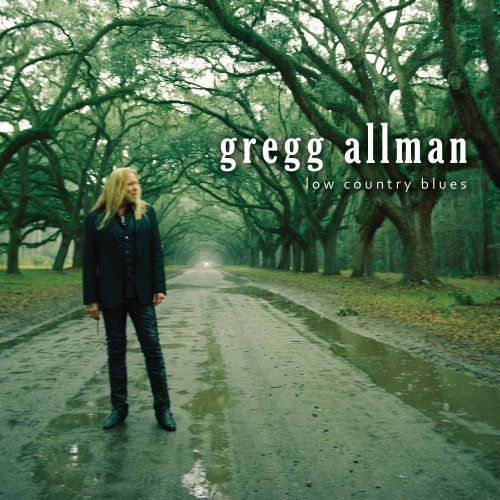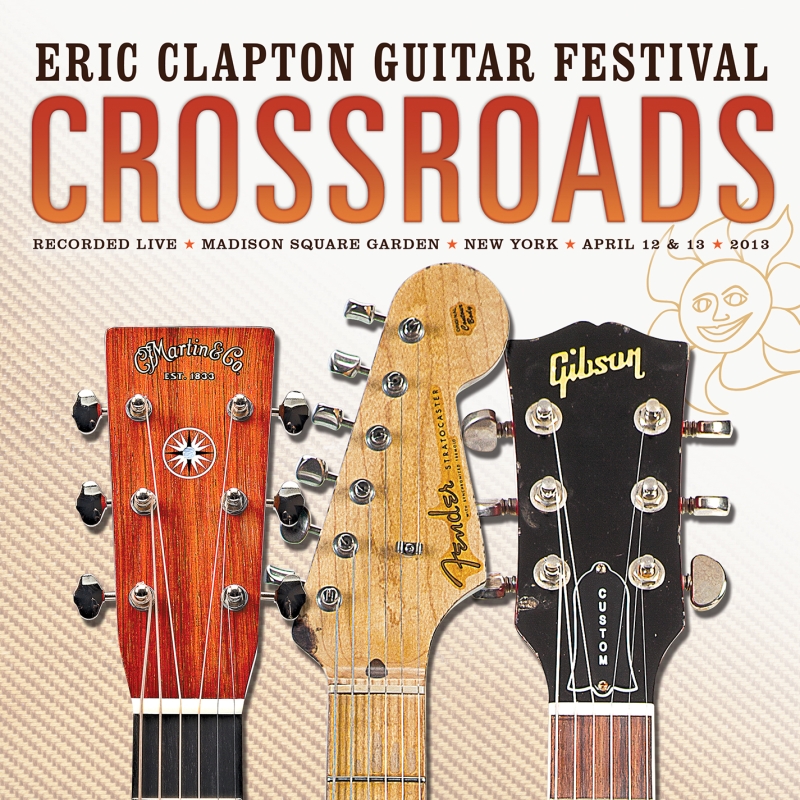Videos by American Songwriter
Gregg Allman
Low Country Blues
Rounder
[Rating: 3.5 stars]
Unlike the voices of so many alternative rock and country radio stars who sound so much alike, Gregg Allman’s voice has always been instantly recognizable. Allman is on a list with singers from Johnny Mathis to Bob Dylan to Tony Bennett to Willie Nelson whose work is legendary because there is no mistaking whose voice is coming through the speakers. And these guys are legendary for another reason; they’re all still alive.
Which Allman probably shouldn’t be. Nobody in music history, except perhaps Eric Clapton, has been so hounded by the angel of death while surviving numerous wives and just as many addictions, culminating in a liver transplant last summer. So it seems fitting that Allman would make his survival known with a new album, his first solo studio outing in more than a decade.
It can be difficult for a man who’s been sick and perpetually on the road to produce an album, so Allman called on the ubiquitous T Bone Burnett to handle the production duties. Assembling a band that includes Dr. John on piano and Nashville first-call session upright bassist Dennis Crouch, Burnett helped Allman pick a song list that goes back to the roots, to much of the music that Allman probably heard during his youth listening to blues artists on Nashville’s legendary WLAC radio. The album is nearly all covers of songs by blues icons, with only one original, the forgettable “Just Another Rider,” co-written with Allman Brother Warren Haynes.
Tunes by Sleepy John Estes (“Floating Bridge”), John Lee Hooker (“I Believe I’ll Go Back Home”) and Muddy Waters (“I Can’t Be Satisfied”) are here, as are a really good verbatim reading of Skip James’ “Devil Got My Woman” and a version of Junior Wells’ “Little By Little” that may be Allman’s best vocal on the record. Having said that, Allman’s age and health problems have had an inevitable effect on his voice, no matter how recognizable it still is. Gone are the gutbucket growls and cries of classics like “Ain’t My Cross to Bear;” Allman’s voice is now thinner, reedier. But it’s also confident and satisfied, the voice of a man who is glad to be alive and able to sing the blues at all.
In earlier times, the album might have had a little more of Allman involved in it. That is, while Burnett is probably the most successful producer of the 21st century, his stamp is beginning to wear a little thin. He picked Doyle Bramhall II as the backing band’s guitarist, and while Bramhall is a great student of the blues – he’s worked in the bands of with Jimmie Vaughan and Eric Clapton, so how could he not be? – in many ways he is still just an everyday guitar player, albeit a journeyman one. Perhaps a guest picker or two would have spiced this album up a little. And the horns on a couple tunes (B.B. King’s “Please Accept My Love,” Bobby Bland’s “Blind Man”) just don’t seem to fit.
In the end, though, the spirit is most definitely still there, and any Allman Brothers fan or blues fan needs this album. It’s an event as much as a recording and a good representation of the artists that made Allman want to be a musician in the first place. Gregg Allman is alive and as well as he can be at 63 and is a national treasure. Here’s hoping he sticks around a while longer and gets back into the studio again soon.














Leave a Reply
Only members can comment. Become a member. Already a member? Log in.